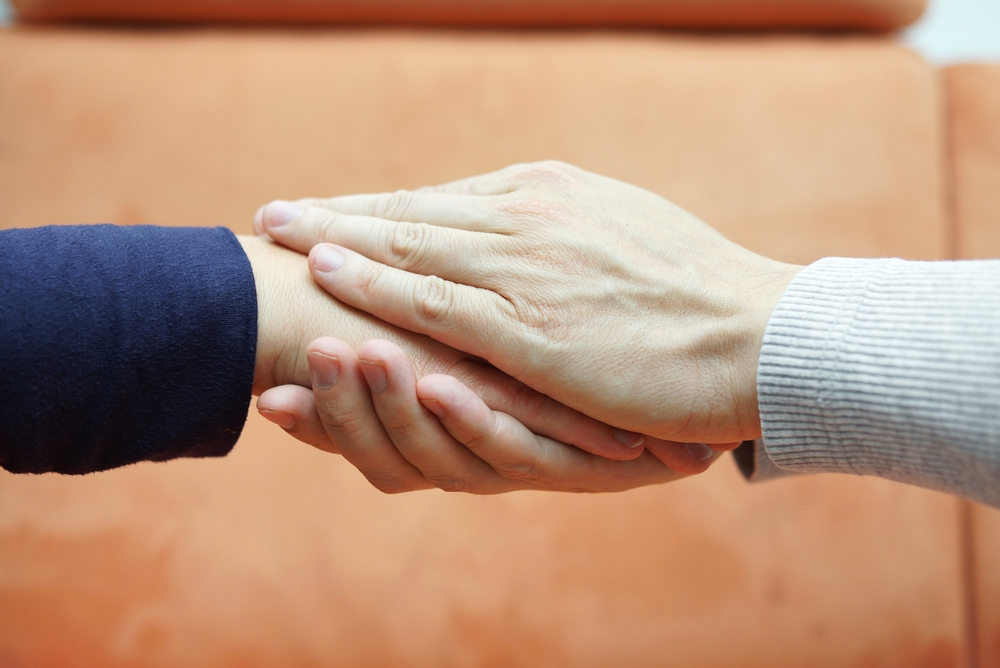In the previous part, we defined learned helplessness – it occurs when an animal is repeatedly subjected to aversive stimuli, that it cannot avoid or escape. Eventually, the animal will stop making any efforts to improve the situation, making itself believe that it has no control over the stimulus. Even when the animal is presented with opportunities to escape, it does not do anything with them. And we also established how this concept, even though strongly applied to animals, does cover humans in its radar as well.
In this particular (and concluding) part, we shall be looking at what makes one more susceptible to learned helplessness, how this behaviour affects one’s headspace and how we can overcome it.
Learned Helplessness & Childhood
Children brought up in the presence of unreliable or negligent caregivers become more susceptible to learned helplessness. When children need guidance or help and no one comes to their aid, over time, they begin to feel that nothing can be done to better their situation. Eventually, these feelings are carried over into adulthood. Some common symptoms of learned helplessness in children are low motivation, passivity, low self-esteem, lack of effort, frustration and failure in being able to ask for help.
Learned Helplessness & Mental Health
The behaviour is linked with anxiety, especially generalised anxiety disorder (GAD) or free-floating anxiety wherein a person feels anxious generally and not in response to a particular external or internal stimuli.
As time passes by, a person with learned helplessness may develop chronic anxiety and start believing that nothing can be done to improve the situation, that neither therapy nor drugs would work. And this person would refuse any sort of treatment or withdraw from it eventually. Such a response is likely to worsen the anxiety.
Overcoming Learned Helplessness
Research supports that the behaviour can be controlled, especially if caught during early onset. Long-term learned helplessness can be decreased but with more effort.
Cognitive Behaviour Therapy can come in extremely handy when dealing with the pessimistic thinking and acting patterns associated with this behaviour. One must learn how to identify the negative thought that would lead one to feel helpless and learn how to reframe this thought to make it more rational and optimistic. This process involves actively observing your thoughts, understanding and modifying them when needed.
Research proves that people who have taken therapeutic help are more likely to reattempt a task after performing poorly the first time as compared to people who have taken no help at all.
Final Word
If you find yourself battling with learned helplessness, then please seek help as soon as possible. The professional will guide you on how to take active steps towards resolving this behaviour and transform learned helplessness into learned optimism instead.
And remember that you are not alone in this. We all have our battles, they just happen to look and feel different. What matters is how healthily we resolve our own battle.
Happy Ho organizes best Meditation and Tarot classes in Noida and Delhi NCR area in India.







